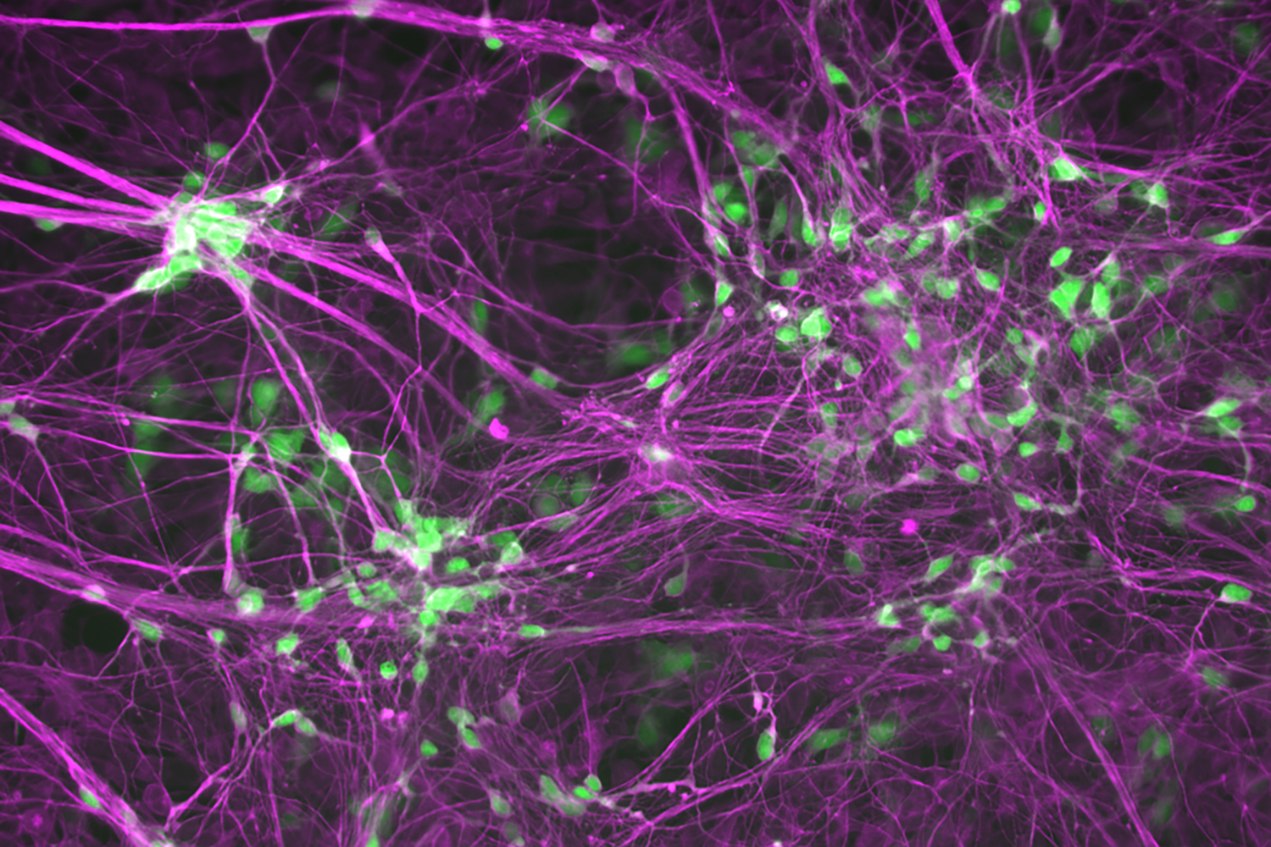In the quest to find a cure for amyotrophic lateral sclerosis (ALS), also known as Lou Gehrig’s disease, researchers led by Justin Ichida, PhD — head of the Ichida Lab at the Eli and Edythe Broad Center for Regenerative Medicine and Stem Cell Research at USC — have identified possible avenues for developing new treatments in two consecutive studies. They were respectively published in the journals Cell Stem Cell and Cell.
It is currently difficult to treat ALS because there are two different types: a rare type is inherited through family genes, and the other — called sporadic ALS — which makes up the majority of cases. Unfortunately, the cause of sporadic ALS is still unknown. To meet this challenge, the researchers first tested hormonal treatments, which showed promising results. The treatments, however, harbor dangerous side effects. This spurred a second study to research genetic treatments, which resulted in a slowed progression of the disease.
Each year in the United States, an average of 5,000 patients receive a diagnosis of ALS. It is an incurable neurodegenerative disease with a mean survival time of two to five years.
To read further details on the study, click here.


